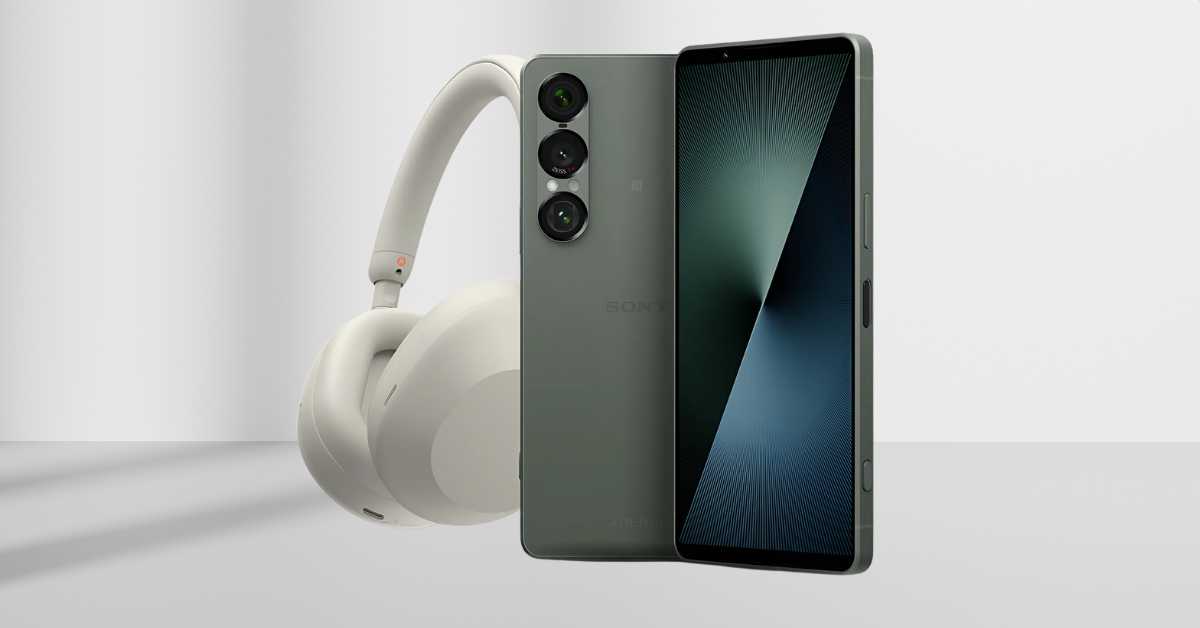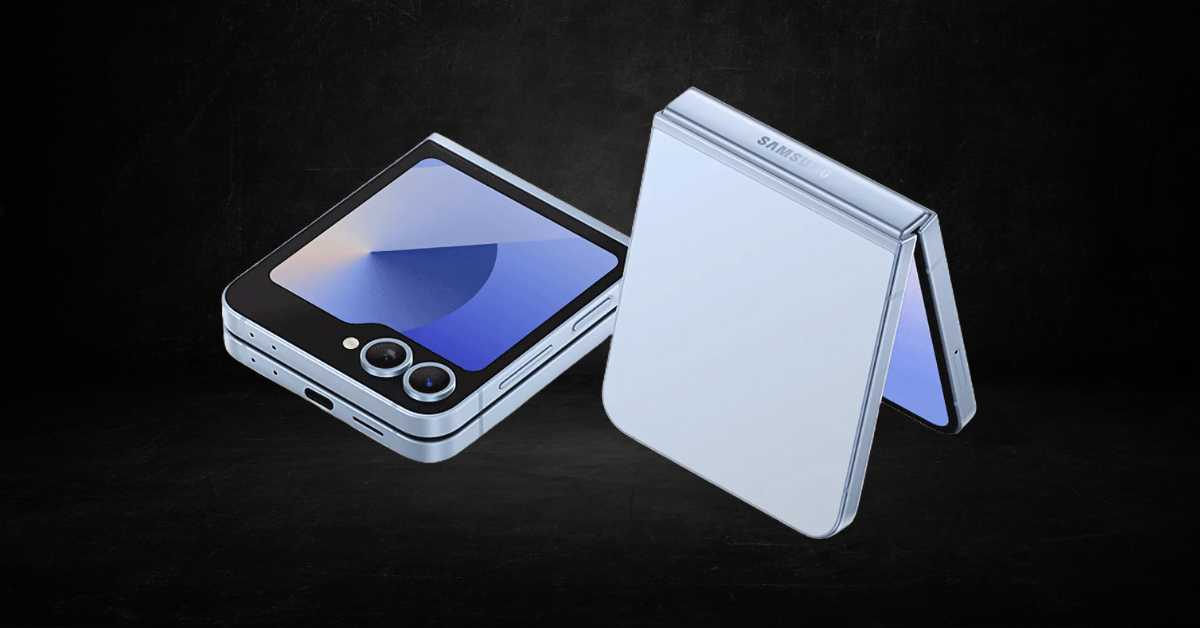POCO is all set to launch 3 new smartphones globally soon. POCO is expanding its F series. The series will include the POCO F7, POCO F7 Pro, and POCO F7 Ultra models. Recently, the POCO F7 Pro was spotted on the IMDA certification platform. Meanwhile, the POCO F7 and POCO F7 Ultra were spotted on the same online database. Due to this, the handsets of this latest series are expected to be launched soon.
Poco F7 and Poco F7 Ultra Smartphones

The two upcoming smartphones have been spotted on the IMDA certification with model numbers 24122RKC7G and 2412DPC0AG. However, POCO has not revealed any information about the smartphones. It confirms support for 5G connectivity, Bluetooth, WiFi, and NFC. Furthermore, it can be understood from this listing that the Poco F7 series smartphones will be launched in the global market soon.
The Poco F7 and Poco F7 Ultra models have previously gone live on the IMEA database. This is the first “Ultra” branded phone to come in the F series. Based on what we know so far. This Poco F7 Ultra could be a rebranded version of the Redmi K80 Pro. The K80 Pro smartphone is set to launch in the Chinese market soon. The K80 Pro model is set to launch in the Chinese market soon. It has some top-notch specifications and features.
The Redmi K80 Pro is rumoured to feature a Snapdragon 8 Elite SoC. On the front, it sports a 6.67-inch OLED display with 2K resolution and 120Hz refresh rate.
Previous rumours have confirmed that this POCO F7 Ultra will pack a massive 6,000mAh battery that will support 120W wired fast charging. This model could be the first model to support wireless fast charging.
The Poco F7 mobile phone is expected to be a rebranded version of the Redmi Turbo 4. The model is likely to feature a MediaTek Dimensity 8400 SoC, a 6000mAh battery pack, a 1.5K resolution, and more.
The company is yet to confirm more details about the Poco F7 series. The launch date has not been announced. An update on the launch date is expected to come soon. More details about the Poco F7 and Poco F7 Ultra will be available at the time of launch.








